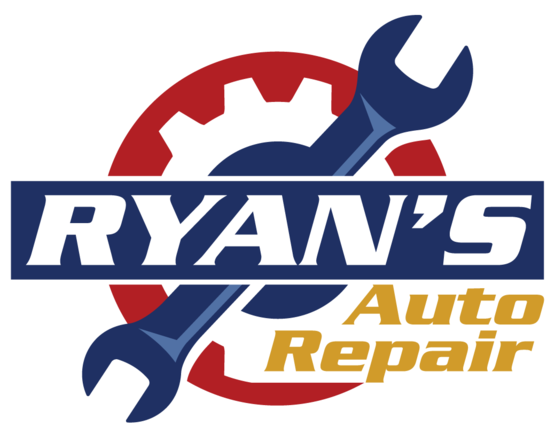Conventional or Synthetic? (Switching to Synthetic Oil)
September 1, 2024
If you keep up on technology trends, then you may be intrigued about synthetic motor oil. It was introduced in the 1960s when Mobil came up with it. Mobil's oil was different from conventional motor oil because it was first broken down to its basic molecules. Then, Mobil removed additional impurities from crude oil and "tailored them to the demands of modern engines."
Synthetic oil is becoming more popular now because of its advantages over conventional oil. It's more resistant to sludge forming in an engine. It is more efficient and protects engines better under temperature extremes. Because it allows drivers to go longer between oil changes, many feel it's more convenient.
The downside is that synthetic oil is more expensive, but because it doesn't need changing as often, the cost can be pretty comparable in the long run.
Those who drive high performance vehicles (think Audi, BMW, Mercedes) are already using synthetic oil if they're following their manufacturer's guidelines. Other manufacturers recommend a synthetic blend. So for those who are using conventional oil, you may want to consult your service advisor for some recommendations if you want to switch to synthetic.
If you're the type who always waits until the last-minute or doesn't ever get in quite in time for the recommended oil change interval, the longer gap required between changes with synthetic oil may appeal to you. In some cases, you can go up to 15,000 miles/24,000 km between changes.
If you drive in a very cold climate, synthetic oil can flow more easily at startup and may offer quicker engine protection. On the other hand, in hot climates, synthetic oil can resist heat breakdown better.
Or you may be one of those drivers who have been getting along fine with conventional oil changes. Millions do. Just remember that changing your oil is considered the most important maintenance you can do on your vehicle, so make sure it's done at the right time and with the oil that best suits your driving needs.
Ryan?s Auto Repair of Plymouth
41990 Joy Rd
Plymouth, MI 48170
734-454-0979
http://www.ryansautorepairplymouth.com
Need Service?
More articles from Ryan's Auto Repair of Plymouth

Give it the Boot (Ball Joint Boot Replacement)
April 20, 2025
Your vehicle may be wearing boots right now and you might not even know it. They're called ball joint boots. They're actually protective, flexible things that protect parts of your suspension (called ball joints) from all the hazards the road can fling at them. If one of those ball joint boots... More

Poor Reflections (Door Mirror Problems)
April 13, 2025
Mirror, mirror on the door, why is my vision there so poor? Well, you could have a broken outside rearview mirror that's disabled your blind spot vision there and endangering your ability to see some of the traffic around you. Outside rearview (or door) mirrors are important safety devices that ... More

Ryan?s Auto Repair of Plymouth Advice on What to Pour into Your Vehicle
April 6, 2025
Changes in vehicle design and manufacture have resulted in changed fluid requirements for our vehicles. With the sophistication of engines, transmissions, differentials, etc., it's best for Plymouth residents to always use the proper type of fluid for their vehicle. Using incorrect fluids can ac... More










